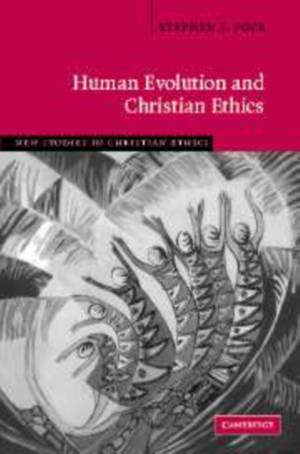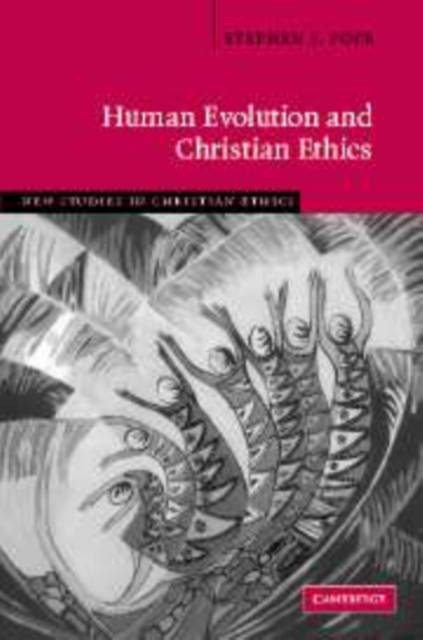
Je cadeautjes zeker op tijd in huis hebben voor de feestdagen? Kom langs in onze winkels en vind het perfecte geschenk!
- Afhalen na 1 uur in een winkel met voorraad
- Gratis thuislevering in België vanaf € 30
- Ruim aanbod met 7 miljoen producten
Je cadeautjes zeker op tijd in huis hebben voor de feestdagen? Kom langs in onze winkels en vind het perfecte geschenk!
- Afhalen na 1 uur in een winkel met voorraad
- Gratis thuislevering in België vanaf € 30
- Ruim aanbod met 7 miljoen producten
Zoeken
Omschrijving
Can the origins of morality be explained entirely in evolutionary terms? If so, what are the implications for Christian moral theology and ethics? Is the latter redundant, as socio-biologists often assert? Stephen Pope argues that theologians need to engage with evolutionary theory rather than ignoring it. He shows that our growing knowledge of human evolution is compatible with Christian faith and morality, provided that the former is not interpreted reductionistically and the latter is not understood in fundamentalist ways. Christian ethics ought to incorporate evolutionary approaches to human nature to the extent that they provide helpful knowledge of the conditions of human flourishing, both collective and individual. From this perspective, a strong affirmation of human dignity and appreciation for the theological virtues of faith, hope and charity is consistent with a revised account of natural law and the cardinal virtues.
Specificaties
Betrokkenen
- Auteur(s):
- Uitgeverij:
Inhoud
- Aantal bladzijden:
- 374
- Taal:
- Engels
- Reeks:
- Reeksnummer:
- nr. 28
Eigenschappen
- Productcode (EAN):
- 9780521175302
- Verschijningsdatum:
- 3/03/2011
- Uitvoering:
- Paperback
- Formaat:
- Trade paperback (VS)
- Afmetingen:
- 152 mm x 229 mm
- Gewicht:
- 548 g

Alleen bij Standaard Boekhandel
+ 172 punten op je klantenkaart van Standaard Boekhandel
Beoordelingen
We publiceren alleen reviews die voldoen aan de voorwaarden voor reviews. Bekijk onze voorwaarden voor reviews.









